Question about Sowing and tulips
sterchak
15 years ago
Related Stories

FURNITUREModern Icons: The Saarinen Tulip Dining Table
18 Dining Combinations Featuring the Sleek Pedestal Base
Full Story
GARDENING GUIDESNew Ways to Think About All That Mulch in the Garden
Before you go making a mountain out of a mulch hill, learn the facts about what your plants and soil really want
Full Story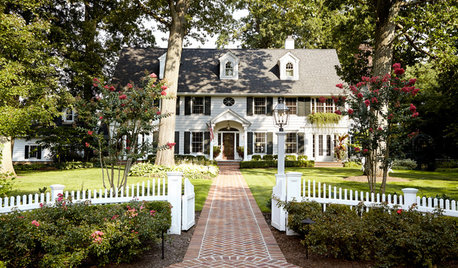
DECORATING GUIDESHouzz Tour: Much to Like About This Traditional Beauty
New elements mix well with old in a New Jersey family’s elegant and comfortable colonial revival home
Full Story
MATERIALSInsulation Basics: What to Know About Spray Foam
Learn what exactly spray foam is, the pros and cons of using it and why you shouldn’t mess around with installation
Full Story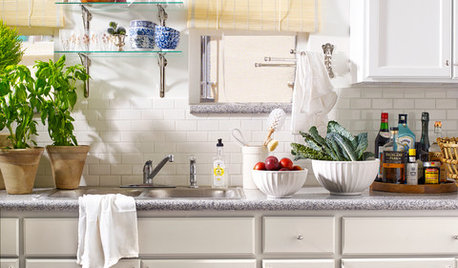
KITCHEN DESIGNKitchen of the Week: Making Over a Rental for About $1,500
Fresh paint, new hardware, added storage, rugs and unexpected touches breathe new life into a Los Angeles apartment’s kitchen
Full Story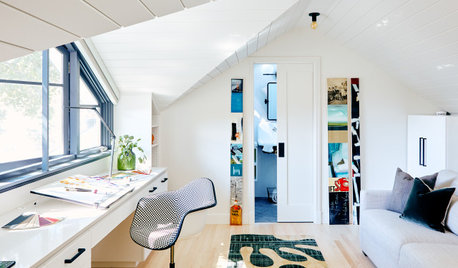
WORKING WITH PROSWhat to Know About Concept Design to Get the Landscape You Want
Learn how landscape architects approach the first phase of design — and how to offer feedback for a better result
Full Story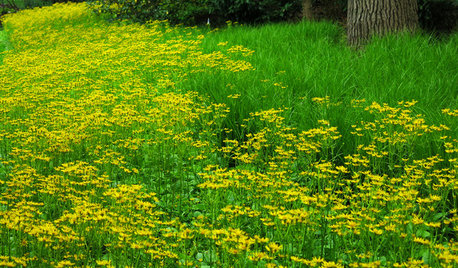
FALL GARDENING5 Native Early-Spring Bloomers to Plant This Fall
Think beyond tulips and daffodils this year with plants that you and native pollinators will love
Full Story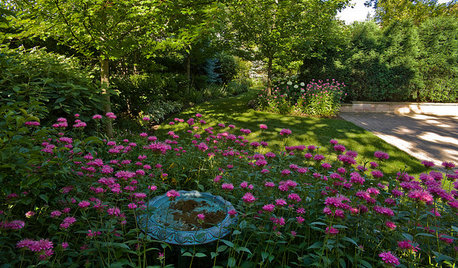
LANDSCAPE DESIGNExuberant Self-Seeders for Gorgeous, Easy-Care Gardens
Keep weeds down, color high and maintenance low with beautful plants that sow themselves
Full Story
DECLUTTERINGClutter vs. Keepers: A Guide to New Year's Purging
Simple questions to get in touch with your clutter comfort level — and figure out what needs to go
Full Story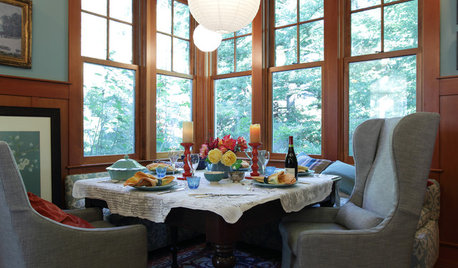
FUN HOUZZHouzz Quiz: What's Your Decorating Style?
Answer these 9 questions to find out what decorating style suits you best
Full StoryMore Discussions






trianglejohn
sterchakOriginal Author
Related Professionals
Baltimore Landscape Architects & Landscape Designers · Fillmore Landscape Architects & Landscape Designers · Wilmington Landscape Contractors · Allentown Landscape Contractors · Essex Landscape Contractors · Lexington Landscape Contractors · Oakland Landscape Contractors · Old Saybrook Landscape Contractors · Parker Landscape Contractors · Placerville Landscape Contractors · Post Falls Landscape Contractors · Rochester Landscape Contractors · San Bruno Landscape Contractors · Santa Ana Landscape Contractors · Ferguson Landscape Contractorstrianglejohn
zcat
sterchakOriginal Author
trianglejohn